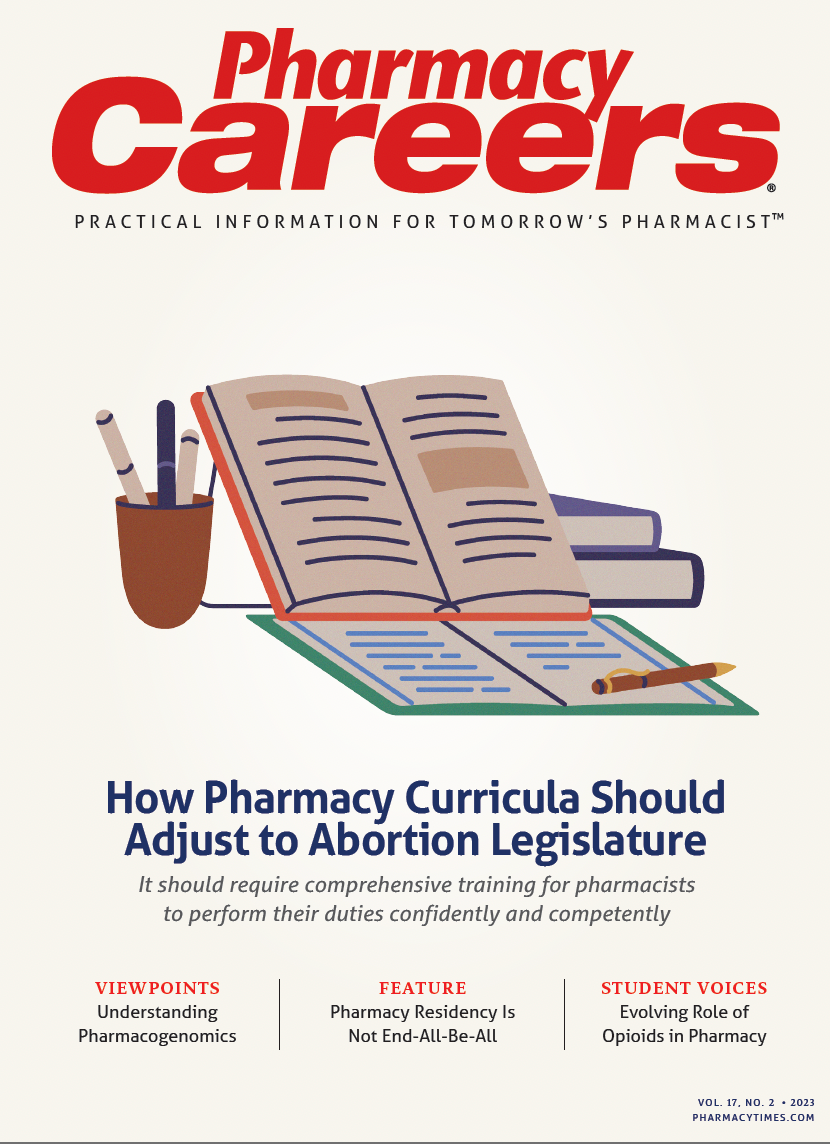Commentary
Article
Pharmacy Careers
Experiences With Racial and Ethnic Minority Patients Give Students Lessons Beyond the Classroom
Author(s):
Pharmacists can leverage their own identities to advocate for happier, healthier individuals within communities of different ethnic and socioeconomic backgrounds
When I started pharmacy school as a Palestinian American and Muslim, I knew I wanted to integrate my existing identities, beliefs, and values into my patient care. For the love of my morals and the health care field, I knew I wanted to get involved with a student organization that would remind me why I was so passionate about pharmacy to begin with.
StratfordProductions - stock.adobe.com

When I discovered the Middle Eastern Pharmacist Association (MePA), I knew that this organization would help me advance my skills, honor my lived experiences, and eventually help me become a better health care advocate for my patients. MePA is heavily involved in providing nonprofit, community-based health awareness and disease prevention events. The organization provides student pharmacists with the opportunity to address health disparities seen in racial and ethnic minority groups, specifically migrants and refugees from the Middle East.
Student pharmacist volunteers have implemented this vision by offering free health screenings in neighborhoods that are frequented by community members, including convention centers, mosques, churches, and clinics. During these events, we can apply the knowledge from the classroom to patients. Although I identify as Middle Eastern, I cannot say I entirely relate to all my patients because I did not grow up with barriers to health care access and did not come into the United States as an immigrant.
However, I was the recipient of my parents’ desire for the American Dream, and they tried their best to shield my family from the struggles they faced. The knowledge from the patients I work with through MePA has been just as valuable as the information in my coursework. For example, the standardized patients we serve in the classroom only show us the most common scenarios we might face: receiving a patient’s history and counseling them on their medications and lifestyle.
This is rarely what I experience when working with my patients from the Middle East. Some cannot afford to see a physician, others do not have the transportation to get to their appointments, and many have difficulty paying for their medications. In addition to having cultural assimilation struggles, several patients are simply going through unimaginable situations, meaning their health needs are sacrificed to deal with other burdens.
Each time I have volunteered at the free clinic with MePA, the one-to-one connections between the patients and me are eye-opening to the inequities that continue to plague the community. For example, language barriers demonstrate a large cause of medication adherence issues. As health care professionals, we can maximize a patient’s adherence to medication if we dedicate extra time to ensure our patient understands the medication, how to take it, and what to expect.
A patient encounter that resonated with me recently was a female patient who cared a lot about managing her health. Despite the fact that she was a recent immigrant and someone who had learned English as a second language, the level of knowledge she had acquired about her current medication regimen and disease state was amazing to witness. The downside was that this patient seemed to cry out for help and just wanted someone to listen to her. She was very open about what was distressing her. She was lonely, did not have any personal hobbies, and seemed to be looking for a purpose.
At that moment, I did not know exactly how to approach helping her, but I knew that she needed additional help. My faculty adviser, Sally Arif, PharmD, was thankfully beside me and modeled how we should offer patients empathy and support during these situations. After she spent time talking to the patient and offering advice on counseling services and free resources for mental health, the patient seemed relieved.
Following the encounter, Arif suggested that we create a patient-friendly information guide that highlights the best resources to contact when patients need affordable health, social, and mental health services. Such information could include where to seek free health care services in the community, medication samples, mental health services, and personal and mental well-being resources. Knowledge is power, and as pharmacists, we can do more to leverage our own identities to advocate for happier, healthier individuals within our communities.
About the Author
Lena Jadrawi is a 2024 PharmD candidate at Midwestern University College of Pharmacy in Downers Grove, Illinois.

Newsletter
Stay informed on drug updates, treatment guidelines, and pharmacy practice trends—subscribe to Pharmacy Times for weekly clinical insights.






